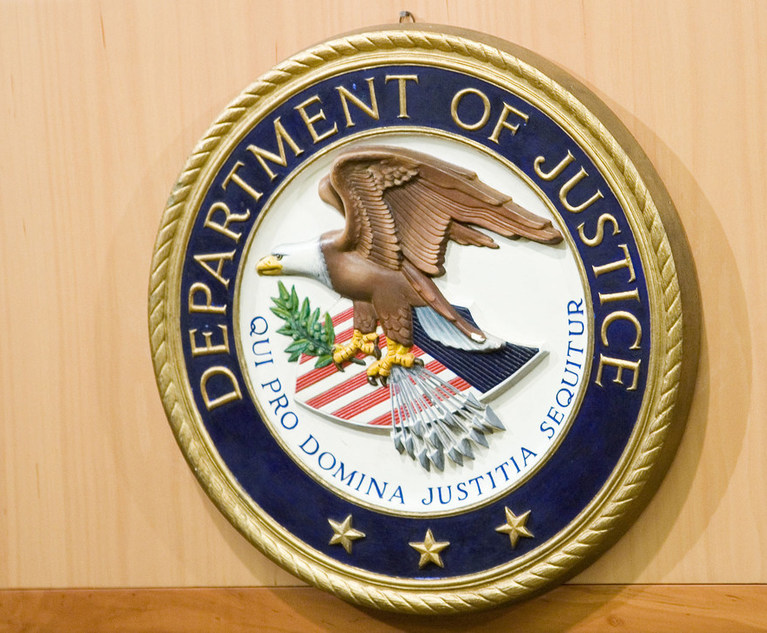Congress enacted the Anti-Money Laundering Act of 2020 (AMLA) in January of this year, and much has been written about how it constitutes the most significant change to the U.S. anti-money laundering regime since the passage of the USA PATRIOT Act almost 20 years ago. However, one provision of the AMLA was added with little fanfare and minimal discussion, yet it could have a significant impact on foreign financial institutions doing business in the United States.
Section 6308 of the AMLA expands the authority of the Departments of Treasury and Justice to seek and obtain banking records located abroad, while limiting the ability of foreign financial institutions to oppose production of those documents based on prohibitions under local banking laws and regulations. An open issue, however, is whether §6308 was intended to upend traditional processes designed to respect the sovereignty of foreign nations. We think it does not—and should not—and we discuss our reasons here.


 justice-dept-seal
justice-dept-seal




